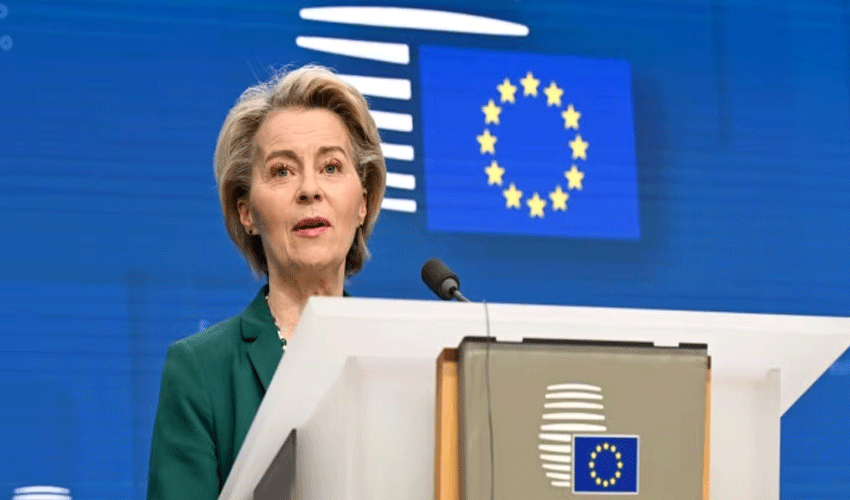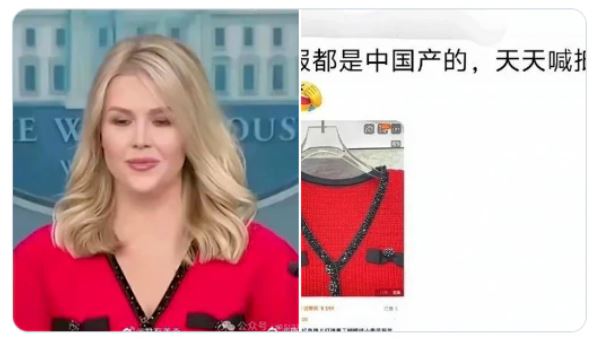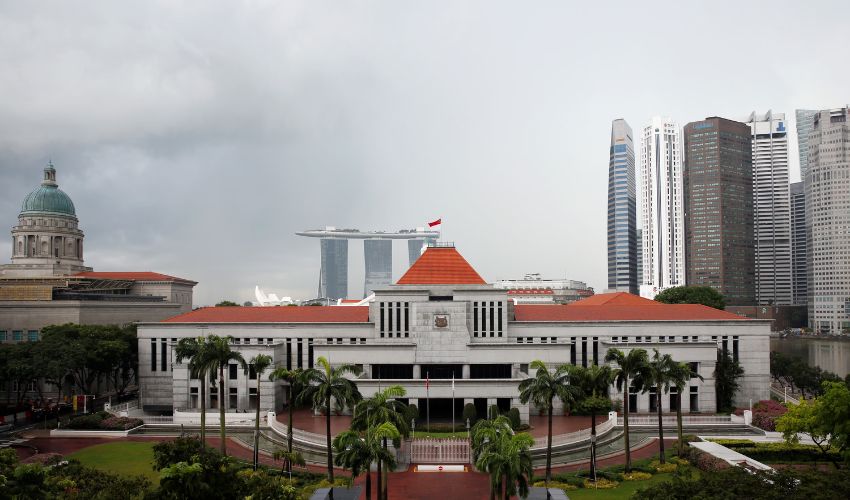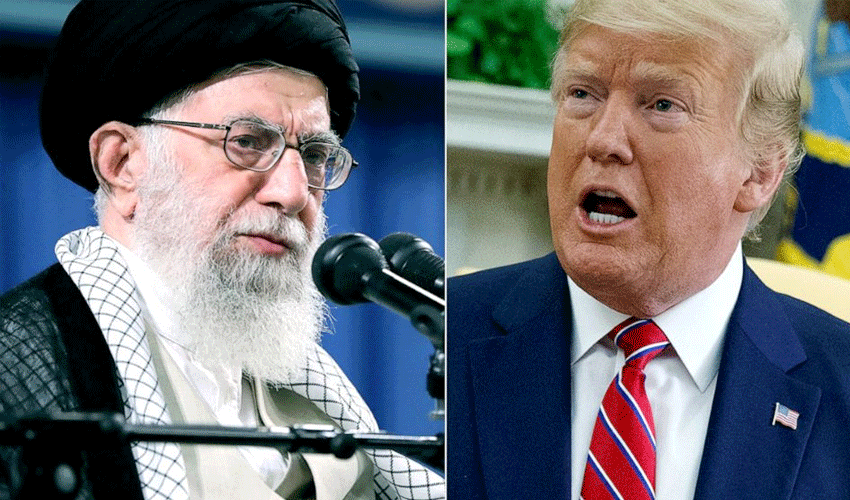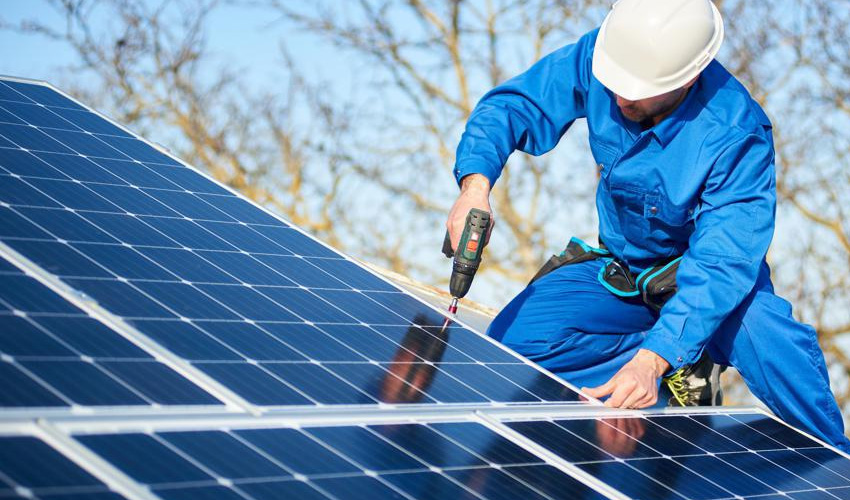The European Union has announced a 90-day suspension of its planned retaliatory tariffs on US goods, following President Donald Trump’s abrupt decision to temporarily scale back a wave of new duties, offering a brief respite in the escalating global trade tensions.
The EU had been preparing to impose counter-tariffs worth €21 billion ($23.25 billion) starting next Tuesday, in response to Trump’s 25 per cent tariffs on steel and aluminium imports.
The European Commission President Ursula von der Leyen confirmed the suspension on Thursday, stating the bloc was “putting the countermeasures on hold to give negotiations a chance.”
“We want to give diplomacy space,” von der Leyen said on X (formerly Twitter). “While finalising the adoption of the EU countermeasures that saw strong support from our Member States, we will put them on hold for 90 days.”
Trump’s reversal on Wednesday, which came just hours after new tariffs took effect, sparked a global market rally, easing fears of a prolonged trade war. US stock indices surged on the news, with gains spilling into European and Asian markets on Thursday. The US president’s decision followed a period of sharp financial volatility, reminiscent of early pandemic-era market turmoil.
Despite the reprieve, European officials cautioned that the suspension could be lifted if negotiations falter. “If talks do not yield results, our countermeasures will kick in. Preparatory work on additional measures is ongoing,” von der Leyen added.
The EU’s planned tariffs were set to target a broad range of US products, including maize, wheat, motorcycles, poultry, fruits, and clothing. Those measures are now paused amid hopes for progress in transatlantic trade talks.
However, the relief is partial. The White House clarified that a 10 per cent blanket duty on nearly all US imports remains in effect. Duties already imposed on steel, aluminium, and automobiles also continue to apply. Furthermore, Canadian and Mexican goods still face a 25 per cent fentanyl-related tariff unless they meet US-Mexico-Canada Agreement (USMCA) rules of origin.
Trade war with China deepens
While easing pressure on Europe, Trump has intensified his trade confrontation with China. On Wednesday, the US raised tariffs on Chinese goods from 104 per cent to a staggering 125 per cent, and the president signed an executive order aimed at reducing China’s influence in the global shipping sector and boosting domestic shipbuilding.
The move drew immediate condemnation from Beijing. Chinese Commerce Ministry spokesperson He Yongqian said China “will follow through to the end” if the US persists with its current stance. “Dialogue is possible, but must be based on mutual respect,” the spokesperson added during a regular press briefing.
In response, China imposed 84 per cent tariffs on US imports, matching the earlier US tariff hike. The Chinese yuan slipped to its lowest level against the dollar since the 2008 financial crisis, reflecting the mounting economic pressure.
Trump, who has long argued that tariffs are necessary to correct the US’s trade imbalances, said a deal with China remains possible. Yet US officials signaled a shift in focus toward trade talks with other nations, including Vietnam, Japan, and South Korea.
Markets React with Cautious Optimism
Trump’s tariff retreat triggered significant market shifts. Euro zone bond yields jumped, share prices rose, and expectations for further rate cuts by the European Central Bank were scaled back.
Nonetheless, caution lingers among policymakers and analysts. ECB Governing Council member Francois Villeroy de Galhau described the news as “less bad” but warned that continued uncertainty could undermine economic trust and growth. “The pause is welcome, but volatility and unpredictability remain a threat,” he told France Inter Radio.
Trump, who initially downplayed the economic risks of his tariff campaign, acknowledged that the sharp reaction from financial markets influenced his change in course. His initial announcement on April 2 had triggered a sell-off that wiped trillions of dollars from global stock markets and sent US government bond yields soaring.
Outlook remains unclear
While the temporary suspension of tariffs has eased immediate fears of a global trade war, the broader outlook remains uncertain. The EU has made clear that its countermeasures are only paused—not cancelled—pending the outcome of negotiations. Trump’s administration, meanwhile, appears determined to maintain pressure on China and to selectively target other nations with trade restrictions.
India has indicated it is eager to expedite a trade deal with the US, joining the list of countries seeking favourable terms amid shifting dynamics.





